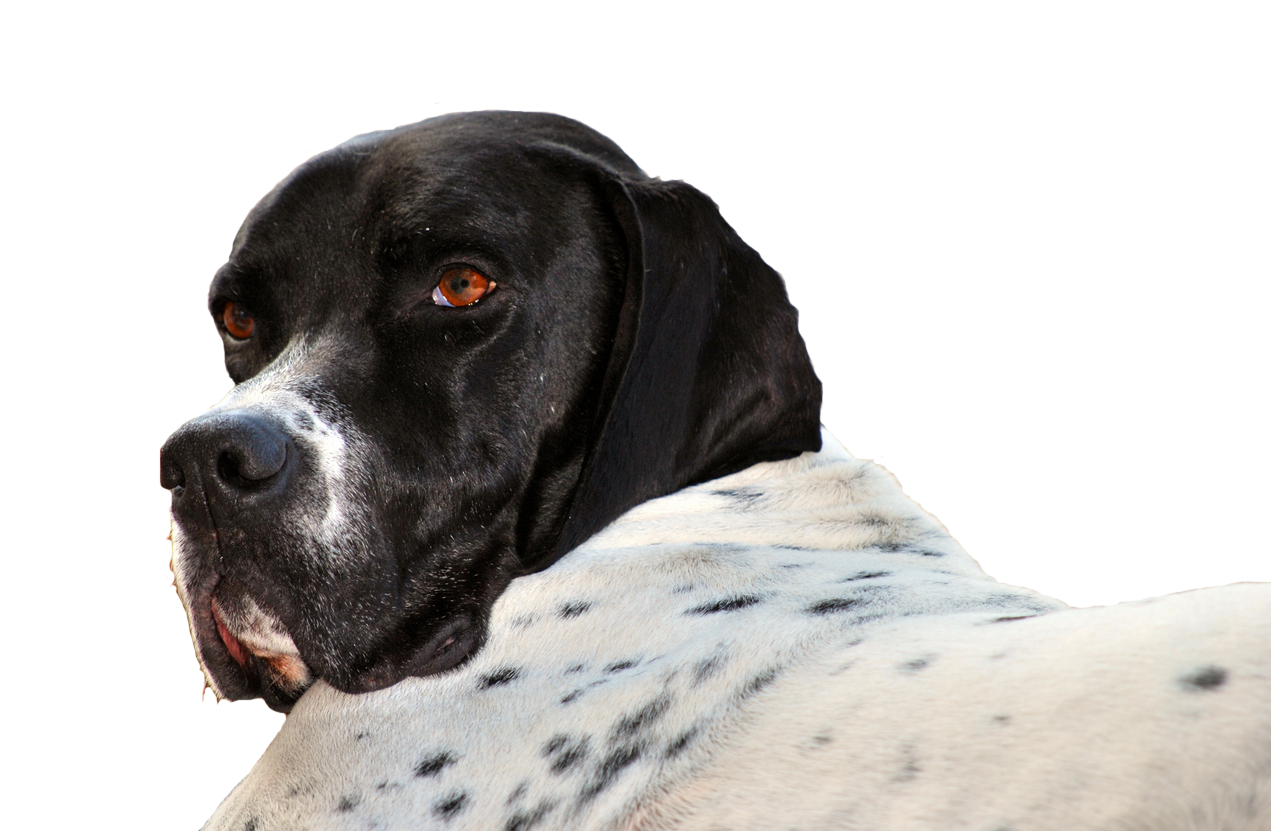Schedule regular visits with your veternarian. Your dog needs to be examined twice yearly, even if he appears healthy. Many diseases are hidden and not apparent.
Remember , it is much cheaper to prevent disease than it is to treat it.
Ask for body evaluation during each vet visit. Body condition is crucial to determine whether your senior is over or underweight. Ask your vet howyou can evaluate at home, in between visits. This can be helpful in determining what kind of food should be given.
Feed your dog a high quality diet. Also, learn to read the dog food label and choose a diet that is appropiate for your dog’s age and lifestyle.
Use food to keep your dog at his ideal weight. Overweight dogs have a higher incidence of diseases such as diabetes, heart disease, skin disease, even cancer.
A diet with a carefully chosen carbphdrate blend can also help keep your overweight dog feel satiated.
Consider fortifying your senior dog’s diet with fatty acids suh as DHA and EPA. They have been shown to be useful for dog’s with mobility issues due to arthritis or other joint diseases. Supplements such as glucosamine and chondrotin are also beneficial for senior dogs.
Take care of your dog’s mouth. Brushing your dog’s teeth may seem like a silly idea but it can help keep your dogs mouth healthy. If you cannot brush, consider dental treats and toys that keep the teeth clean.
Excercise cankeep your olderdog lean and maintain healthy joints and muscles. Tailor your dogs excercise to his needs. Stop when he tells you.
Provide your dog with toys to keep your senior’s mind engaged. Food puzzles, for example, are notonly useful for entertainment but for weight loss purposes as well.

Leave a Reply